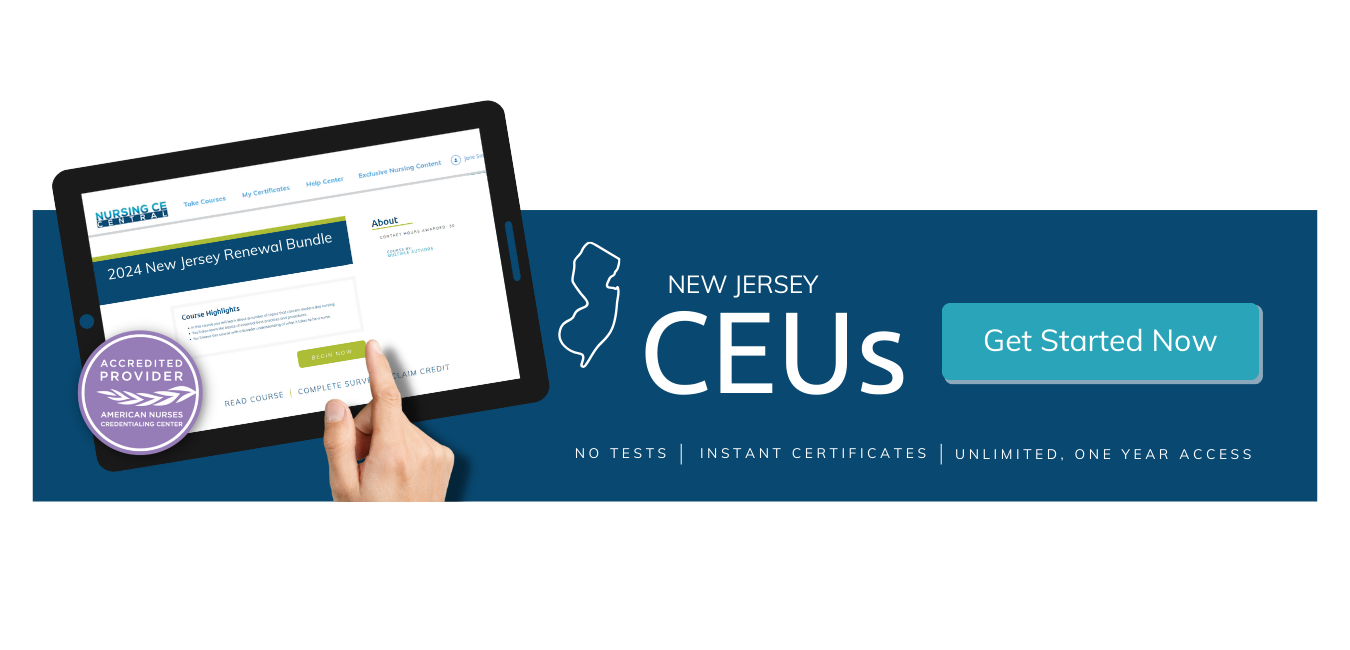Why Become CCRN Certified
There is a plethora of reasons to become certified – some are monetary and career boosting; others are for personal satisfaction and a feeling of accomplishment. For me, the reason to sit nearly twenty years ago for the examination was a combination.
At the time, my employer paid a fair bonus hourly for being certified. Over a 40-hour week and 52 weeks a year, the cumulative effect was substantial.
Today, certification is even more recognized by healthcare employers. Most offer supplementary benefits including better pay, certification reimbursement, leadership opportunities, and more desirable assignments.
CCRN certification is a career booster – it demonstrates a commitment and dedication to the profession.
The test is daunting for sure, intimidating absolutely, and overall nerve-racking, but the satisfaction of achieving this certification is unbelievably rewarding. It is good for the patients, the hospital, and yourself.
The ICU sees the sickest of the sick patients and unlike other units of the hospitals, nurses have a considerable voice in the plan of care. Intensivists value and respect what the bedside critical care nurse suggests. They appreciate the extensive knowledge base and the fact that critical care nurses are bedside 24/7 and therefore see, hear, and feel nuances that others might miss.
The trick to being a great critical care nurse is to prevent the downward trend, the advancement of illness, the “circling of the drain” from happening instead of treating the disease or injury after it has exacerbated.
The AACN consistently updates the test spotlighting state-of-the-art technologies, innovative medications, and ground-breaking procedures. Nurses with CCRN certifications are uniquely positioned to suggest these novel and pioneering treatments at the bedside.
Employers highly value the certified nurse as the literature concludes these nurses practice safer, provide higher quality care, and record exceptional patient outcomes.
Healthcare has become an ever increasingly competitive field. Hospitals amass awards and designations to attract patients to their facility. Beacon Award for Excellence and Magnet Recognition are two such designations and a qualifier are percentage of staff certified; therefore, hospital administrations seek these nurses out and encourage those in house to secure certification.
Finally, a CCRN certification is good for the individual nurse. Better pay, resume booster, respect from colleagues, and bonuses if transferring to another employer or bridging to a higher education goal such as NP, APRN, or CRNA.
That covers why a CCRN certification is instrumental in the career trajectory of a nurse.









